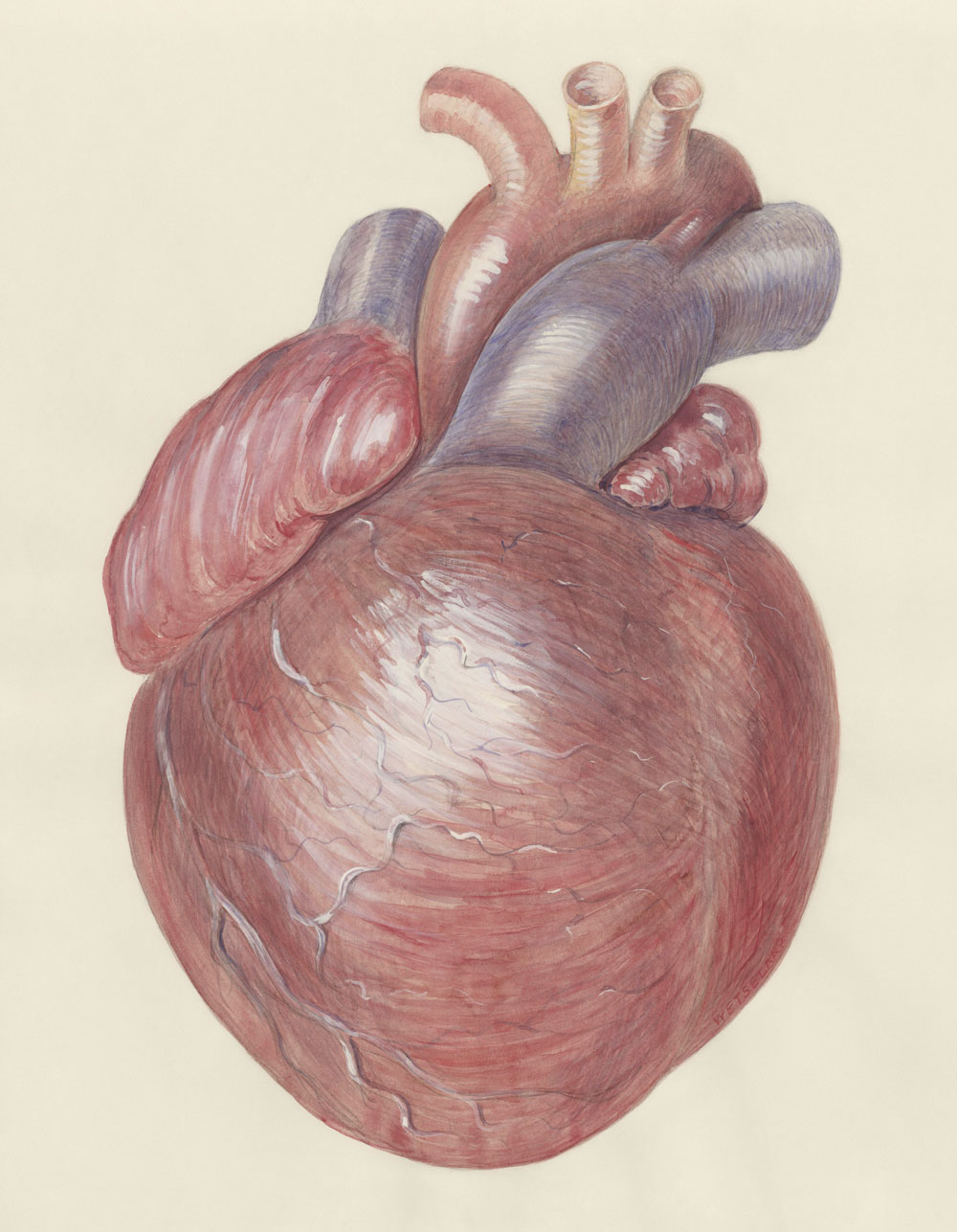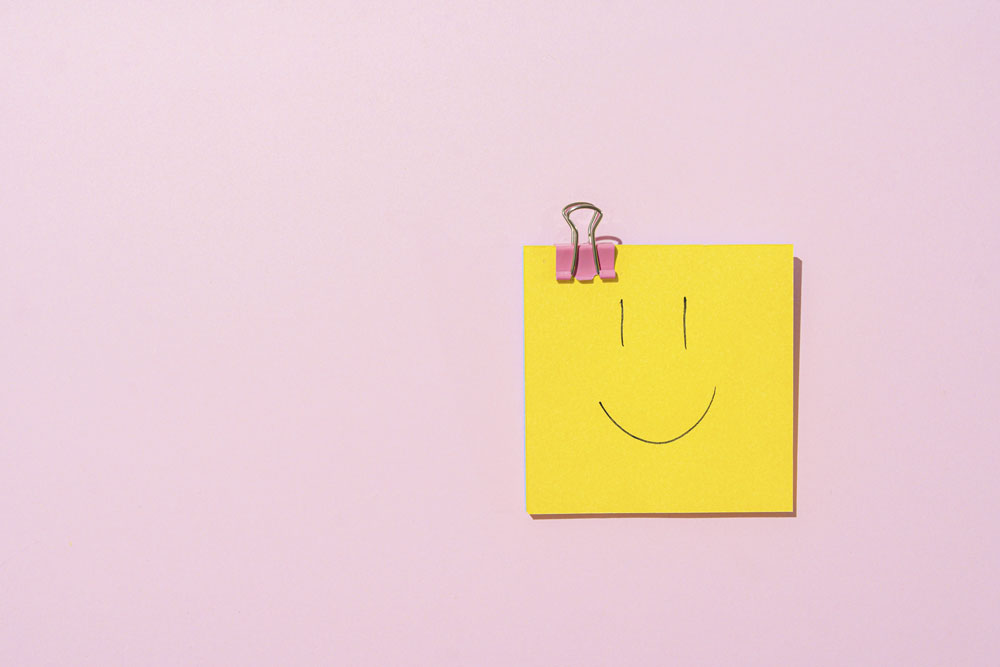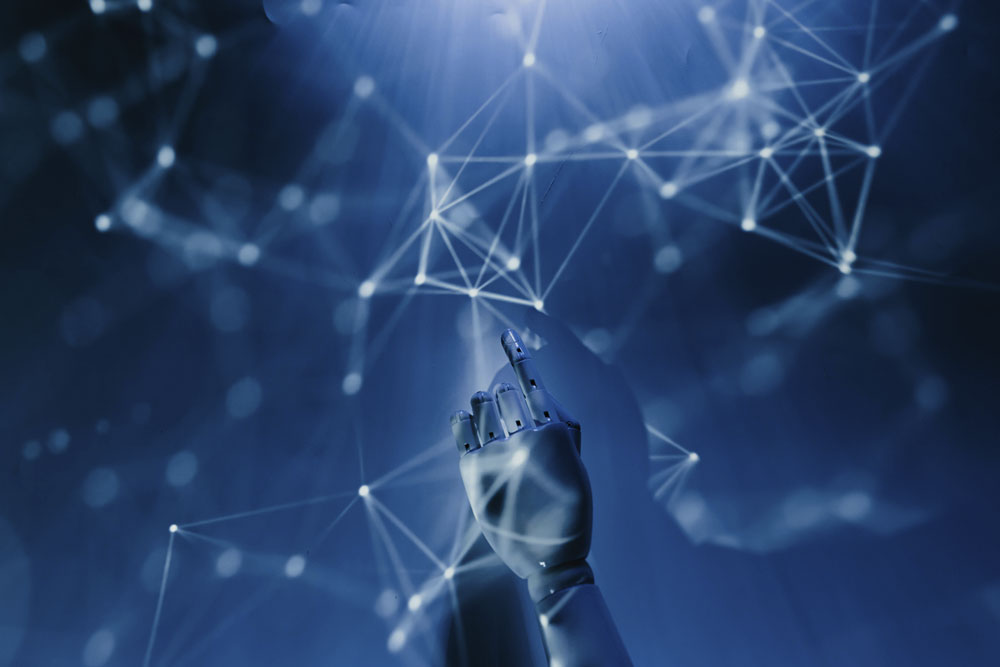For years, AI has dominated boardroom discussions, headlined tech conferences, and fuelled bold visions about the future of business. We’ve been bombarded with constant buzz about AI’s potential – how it would revolutionise industries, streamline operations, and transform the way we work. Now, those promises are no longer just lofty predictions. From automating tasks, to delivering data-driven insights, AI is rapidly becoming a driving force in organisations worldwide. And while much of the spotlight has been on how AI can enhance customer service, finance, and insurance, a quieter, but equally profound revolution is taking place in Human Resources (HR).
HR, long considered the beating heart of any organisation, is on the brink of an AI-driven transformation that will fundamentally change how companies attract and manage their employees. So, what does this shift mean for the future of work? And how will AI reshape HR as we know it?

Myth Busting AI: What HR Needs to Know

Myth 1: AI will replace current employees by outperforming them in their current tasks
Myth 2: AI is too complex for HR professionals to use effectively
Myth 3: HR leaders are hesitant to adopt AI-powered tools due to key concerns
While data privacy, bias, and ethical concerns are valid considerations, they haven’t slowed the adoption of AI in HR. In fact, it’s gaining momentum. In Eightfold AI’s 2022 report: The Future of Work: Intelligent by Design, a survey of 250 HR leaders revealed that a significant majority are already leveraging AI across various HR functions like payroll processing, recruitment and hiring, performance management, and onboarding, with overall adoption rates exceeding 70%. This indicates that rather than holding back, HR leaders are increasingly seeing AI as a strategic asset.
In truth, AI isn’t a threat to HR – it’s an opportunity to empower HR teams, create more personalised employee experiences, and drive smarter, data-driven decisions.
How is AI set to transform HR?
1. AI Powered Recruitment: Hiring the Right Talent Faster
Recruitment is one of the most time-consuming and critical functions of HR. AI is already changing the game by automating much of the recruitment process. AI driven tools such as Ideal and DaXtra, can now screen thousands of CVs in minutes, identifying the best candidates based on pre-set criteria.
These systems don’t just save time – they can help to eliminate unconscious bias. Traditional recruitment systems often harbour biases, as individuals may unintentionally make judgements based on factors unrelated to a candidate’s qualifications or abilities. Whereas AI can offer a more objective evaluation of candidates, analysing their skills and qualifications, without being influenced by gender, ethnicity, or other factors. This allows companies to build more diverse and inclusive teams which, as research shows, leads to better business outcomes.
Why we still need the human touch in recruitment: While AI can significantly streamline the recruitment process by efficiently sifting through vast volumes of CVs and conducting initial screenings, the human aspect of hiring remains irreplaceable. Candidates are not just a collection of qualifications and experiences; their personalities and interpersonal skills play a huge role in determining team dynamics and cultural fit.

2. Personalised Employee Experiences: Tailoring Work to Individual Needs
Today’s workforce, particularly Gen Z and Millennials, expects more personalised experiences from their employers. AI-driven platforms can analyse an employee’s work habits, preferences, and strengths to recommend personalised career development plans. For example, in a Personal Assistant (PA) role, if the AI recognises that the Personal Assistant (PA) excels in organisation but wants to improve their leadership skills, it can recommend relevant training programs, mentorship opportunities, or projects to challenge them in those areas.
Additionally, AI can help a Personal Assistant (PA) to understand their preferred work style and optimise their daily tasks. By analysing productivity patterns, the AI might recommend the best times for focused work, collaboration, or breaks, helping the Personal Assistant (PA) manage their time more effectively.
Not only that, but AI can help to monitor employee wellbeing by analysing data from various sources, such as feedback surveys or performance metrics. If a Personal Assistant (PA) shows signs of burnout or disengagement, AI can alert HR early, allowing for proactive intervention. This is a great example of how AI and HR can work together to foster a healthier, more supportive workplace.

3. Automating Routine Tasks
Many HR tasks are repetitive and administrative in nature – such as handling payroll and responding to employee enquiries. AI systems can automate much of this work, freeing HR professionals to focus on workforce planning, and improving the employee experience.
For instance, AI chatbots are increasingly being used to handle routine HR questions about holiday, benefits, or company procedures. The chatbots can work 24/7, providing instant answers and freeing HR teams from having to manage routine queries.

4. Data-Driven Decision Making

5. Real Time Feedback
A Human-Centric Future Powered by AI
The rise of AI in HR doesn’t mean replacing the human element – it means enhancing it. By automating administrative tasks, offering data-driven insights, and personalising employee experiences, AI empowers HR professionals to focus on what truly matters: nurturing talent, building strong teams, and creating workplaces where people can thrive.
For HR professionals, embracing HR isn’t just a technological upgrade – it’s an opportunity to unlock new potential and lead the charge into a more innovative, human-centred future.
Knightsbridge Recruitment is a boutique consultancy which has been placing stand-out candidates in the most sought after permanent, temporary and part-time Chief of Staff, Executive Assistant, Personal Assistant, Private PA and executive office support jobs in London, for over 35 years. If you would like advice on hiring and retaining exceptional staff, we would love to help - please call us.
